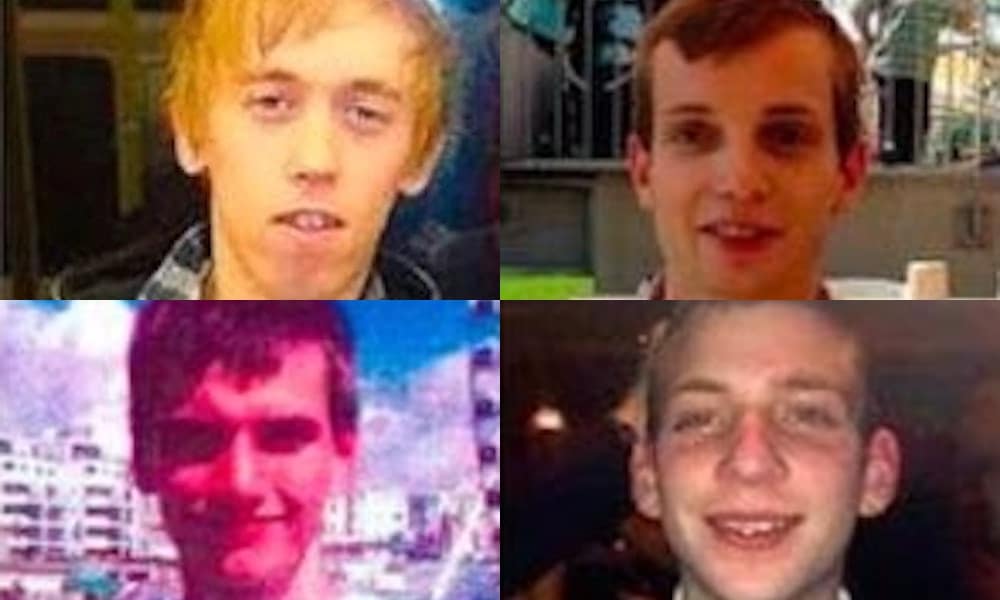Met Police accused of blindsiding Stephen Port victims’ families: ‘We expected better’
The Met Police is facing renewed criticism after announcing it will compensate the families of three of the four men who were killed by Stephen Port, reportedly without first informing them.

Metropolitan Police made a statement on Monday (29 August) stating that it had settled civil claims with the immediate family members of Anthony Walgate and Gabriel Kovari, as well as the partner of Daniel Whitworth, after accusations over its initial handling of the investigation.
The settlements reportedly did not include the family of Port’s final victim Jack Taylor, nor did it include the parents of Whitworth.
Stephen Port killed at least four men over the course of 16 months between 2014 and 2015. He targeted his victims, who he drugged, raped, and then killed, by matching with them on queer dating apps such as Grindr. Port was sentenced to life imprisonment in 2016.
The families of the four young men continually criticised the police department for its alleged malpractice during the initial investigation.
“The Metropolitan Police Service has settled civil claims from the families of Anthony Walgate and Gabriel Kovari as well as the partner of Daniel Whitworth,” a spokesperson for the Met said. “We have previously apologised to the families for the police failings in this matter and understand the impact these have had and the distress caused. We apologise again now.
“Our thoughts and sympathies are with the families as always.”
According to a spokesperson for Hudgell Solicitors – who represent the families – the families were “caught completely off guard” by the Met’s announcement.
“No permission was sought from either family about making the settlements public, and there remain two families still to settle,” the spokesperson said. “We perhaps shouldn’t be surprised by the Met’s insensitivity to these families, but we would have expected far better.”
According to the Independent Office for Police Conduct (IOPC), which is reinvestigating the Met Police’s treatment of the cases, there is evidence to suggest that the conduct of the officers was “materially flawed”.
While investigating in 2018, nearly all of the 17 officers involved in the case had refused to answer any questions posed by the watchdog, using their right to answer “no comment” in interviews and later submitting prepared statements.
It also added that additional information had come forward during an inquest in 2021 surrounding the deaths of Stephen Port’s victims, seemingly prompting a reinvestigation.
According to the findings of the inquest jury, the officers in Barking repeatedly missed opportunities to catch Port after his first killing. He would strike a further three times before he was caught, using fatal doses of the drug GHB on his victims.
As well as the investigations by the IOPC, a coroner’s report in January detailed a “large number of very serious and very basic investigative failings” which included a “lack of professional curiosity” and concerns that the deaths had been classified as “unexplained” rather than suspicious.
Neill Hudgell, a lawyer for families of the victims, said in 2021: “Their families have felt every single day of their absence. They have waited with great patience and conducted themselves with real dignity.
“Yet, they’ve always wondered about whether there would have been a different outcome if the police had investigated Port properly and taken their concerns seriously and if their boys hadn’t been gay.”
